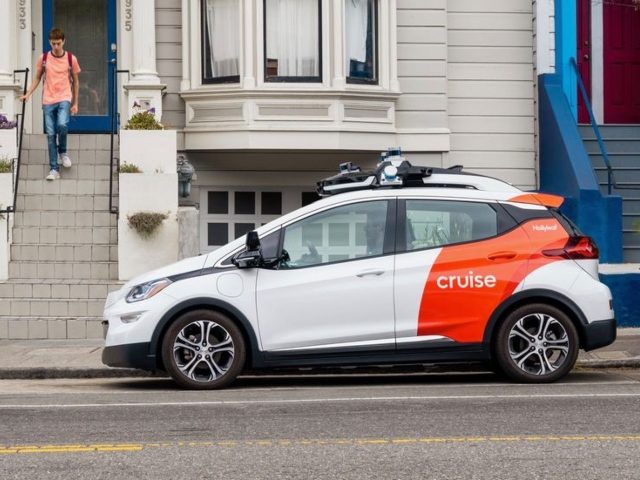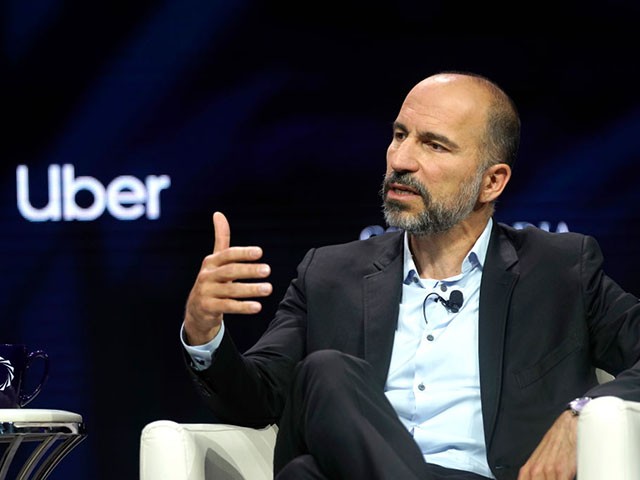Uber was supposed to reduce traffic and carbon emissions, but a study has found that it ended up increasing both. Now, an MIT professor and a CEO have written an op-ed stating that Robotaxis will make the situation even worse.
“On average, ride-hailing trips generated far more traffic and 69% more carbon dioxide than the trips they displaced,” writes MIT professor Carlo Ratti and CoMotion CEO John Rossant in an op-ed for the San Francisco Chronicle.
The authors went on to say that it was “dismayed” to see the results of a 2018 study that found that Uber Pool was so cheap it actually increased overall city travel.
For ever mile of personal driving Uber removed, it added 2.6 miles of people who otherwise would have taken another mode of public transportation, such as buses or trains, they found.
In the 2010s, the Senseable City Lab at MIT — where one of the op-ed’s authors serves as the director — was spearheading the use of big data to study how ride-hailing and ride-sharing could make city streets cleaner and more efficient.
What they found was that they could match riders and reduce the size of New York City taxi fleets by 40 percent, with minimal delays to passengers. This meant that more people could get around in fewer vehicles for less money, and car ownership could be reduced, along with traffic.
Their hope was to see their “utopian vision” come to fruition.
“We started the first collaboration between MIT and Uber to research a then-new product: Uber Pool (now rebranded UberX Share), a service that allows riders to share cars when heading to similar destinations for a lower cost,” the newspaper explained.
From there, the researchers had discovered that human behavior would change along with the implementation of this new and convenient Uber feature.
“We had not taken into account changes in human behavior,” the authors reported. “Cars are more convenient and comfortable than walking, buses and subways — and that is why they are so popular.”
“Make them even cheaper through ride-sharing and people are coaxed away from those other forms of transit,” the newspaper added.
Thus, Uber only increased traffic and carbon emissions. More people ended up traveling given Uber’s affordable prices, and more people began opting out of other forms of public transportation — such as buses and subways, which are already running anyway — and hailed an Uber instead.
The San Francisco Chronicle op-ed took these finding as its opportunity to warn against robotaxis, the new and upcoming service that is “on the cusp of proliferating across the world.”
“The real threat from robotaxis is the underlying technology,” the newspaper claimed, adding that “their convenience could seduce us into vastly overusing our cars.”
As Breitbart News reported last month, self-driving taxis are now operational in three American cities, and are undergoing testing in more than 12 others. Meanwhile, the traffic chaos robotaxis cause in San Francisco continues to mount.
Additionally, robotaxi customers in San Francisco have been using the driverless vehicles for “no boundaries” sex while they travel to their destinations.
You can follow Alana Mastrangelo on Facebook and Twitter at @ARmastrangelo, and on Instagram.


COMMENTS
Please let us know if you're having issues with commenting.